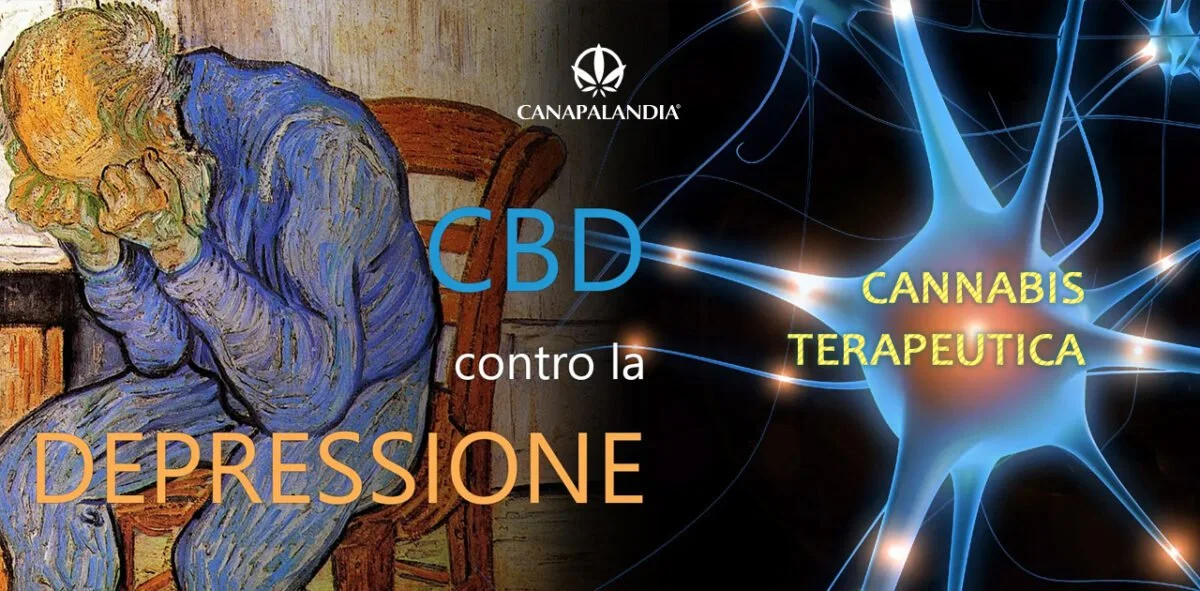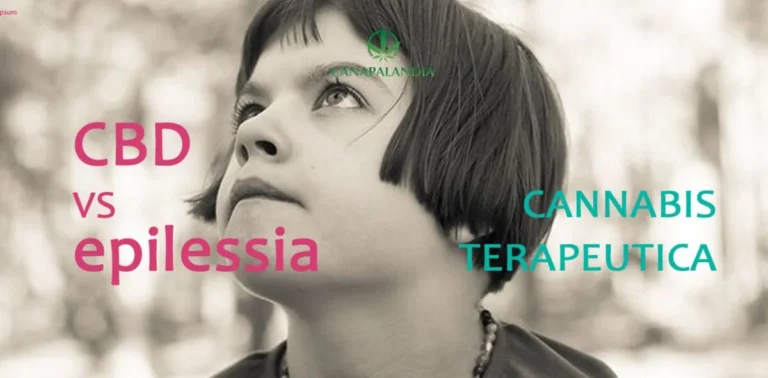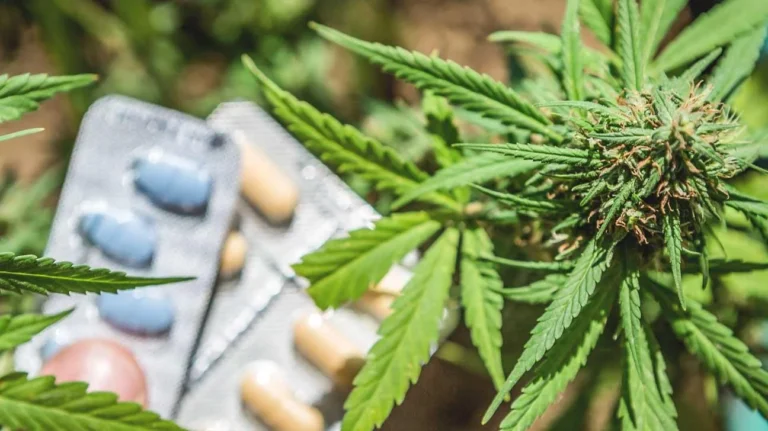CBD and Cannabis in Depression Treatment: Recent Discoveries and Positive Impacts
Depression is one of the most prevalent conditions affecting millions of people worldwide, and CBD, one of the main compounds in cannabis, is emerging as a potential alternative treatment. More and more scientific studies suggest that CBD can help alleviate symptoms of depression by regulating mood, sleep, and even anxiety. But what’s new in the world of CBD and depression research? Let’s find out.
How the Endocannabinoid System Affects Depression
The endocannabinoid system is a complex network of receptors that acts as a key regulator for several processes in the human body, including mood, appetite, sleep, and immune response. CBD interacts with this system, helping to restore balance to some of the physiological processes that can be disrupted during depressive episodes. Recent studies have shown that CBD can modulate the action of serotonergic receptors, which are responsible for emotional well-being and mood regulation.
CBD and Serotonin: A Direct Link
A 2020 study published in Frontiers in Pharmacology demonstrated that CBD interacts with the 5-HT1A serotonin receptors, promoting an increase in serotonin levels, the “feel-good” hormone. This interaction reduces stress, anxiety, and depressive symptoms without causing psychoactive effects like THC does.
The Effects of CBD on Depression: Recent Clinical Studies
In 2021, a systematic review of several clinical studies conducted by the Journal of Clinical Medicine reported that CBD not only reduces depression symptoms but also acts as an anxiolytic. Patients treated with CBD oil reported a significant reduction in feelings of distress and mood swings after just 30 days of treatment. CBD was particularly effective in individuals who did not respond well to traditional SSRI antidepressants.
New Research on Long-Term Benefits
A study conducted by the University of São Paulo found that regular use of CBD can improve neuroplasticity, the brain’s ability to adapt and grow in response to new stimuli. This is particularly relevant for depression, where reduced neural plasticity is often observed. Continued use of CBD led to a greater ability to cope with stress, significantly improving the emotional well-being of the study participants.
CBD and Postpartum Depression Treatment
Another area where CBD is emerging as a therapeutic option is in the treatment of postpartum depression. A 2022 study published in the Journal of Women’s Health found that CBD can reduce depressive and anxious symptoms in women suffering from postpartum depression, without interfering with breastfeeding or causing harmful side effects. CBD was particularly effective in improving sleep and the overall quality of life for new mothers.
Full-Spectrum CBD Oil: A Natural Solution
Many consumers rely on Full-Spectrum CBD oil, which contains a wide range of cannabinoids beyond CBD, including trace amounts of THC in legal quantities. This mix of cannabinoids and terpenes appears to create an “entourage effect,” enhancing the effectiveness of CBD against depression and anxiety. Canapalandia’s CBD section offers various high-quality oils that can help those suffering from depression improve their well-being.
Recommended CBD Products
- 5% Full-Spectrum CBD Oil: Ideal for those seeking a natural, complete product. This oil is praised by many for its ability to improve sleep and reduce stress.
- 10% Pure Essence CBD Oil: Perfect for those needing a stronger and longer-lasting effect. This oil is particularly suited for individuals dealing with chronic anxiety and depression.
Conclusion: The Future of CBD in the Fight Against Depression
Recent discoveries clearly indicate that CBD represents one of the most promising alternative therapies for depression. Its anxiolytic, antidepressant, and neuroprotective effects make it a safe and natural option for those seeking a complementary or alternative solution to traditional antidepressants. However, it’s important to remember that every patient is unique, and CBD use should always be supervised by a qualified doctor, especially for those with severe depression or undergoing treatment with other psychotropic drugs.
Disclaimer: The information in this article is for informational purposes only and is not intended to replace professional medical advice, diagnosis, or treatment. CBD should not be considered a substitute for traditional medical therapies. Before starting any CBD treatment or changing your current therapy, consult a qualified healthcare provider, especially if you suffer from serious health conditions or are undergoing treatment with specific medications.
Pubblicità
🧠 Prova il Ribaltatore
Ribalta questa frase proibizionista con l'AI e scopri l'ironia dietro lo slogan.
Ribalta "CBD and Cannabis in Depression..."🔍 Frasi Correlate
Cerca altre frasi e contenuti su questo tema nel nostro archivio.
Cerca "Cannabis news"Supporta Canapalandia
Se questo contenuto ti è stato utile, puoi sostenerci: ci aiuta a mantenere il progetto indipendente e aggiornato.






